We all feel guilt, but can we harness guilt for good? Watch Insight's episode Guilt on .
Stream free On Demand

Guilt
episode • Insight • Current Affairs • 52m
episode • Insight • Current Affairs • 52m
Guilt has driven some of the biggest changes I've made in my life. None more so than my full-time 'career' as an animal rescuer.
It's an emotion I've carried for more than 17 years — and while it has helped me save countless little lives, it also cost me relationships, including life-long friendships.
A lifetime ago, I was focused on a long career in advertising, working at some of the world's biggest and most well-known agencies. I thought I was thriving; I was really good at my job, managing projects with executives and creatives.
But as I entered my 30s, I started to wonder what purpose I had. Even then, I had a lot of guilt around living a life and working in a job that didn't really have a lot of substance or mean anything to anyone outside the bubble of ad-land.
Lifting the fog
I started volunteering at Monika's Doggie Rescue, a no-kill dog shelter in Sydney. I felt like a fog had lifted.
I lived for the weekend, so I could get back out there and get among the hundreds of abandoned dogs, all just vying for anyone to give them a little kindness.
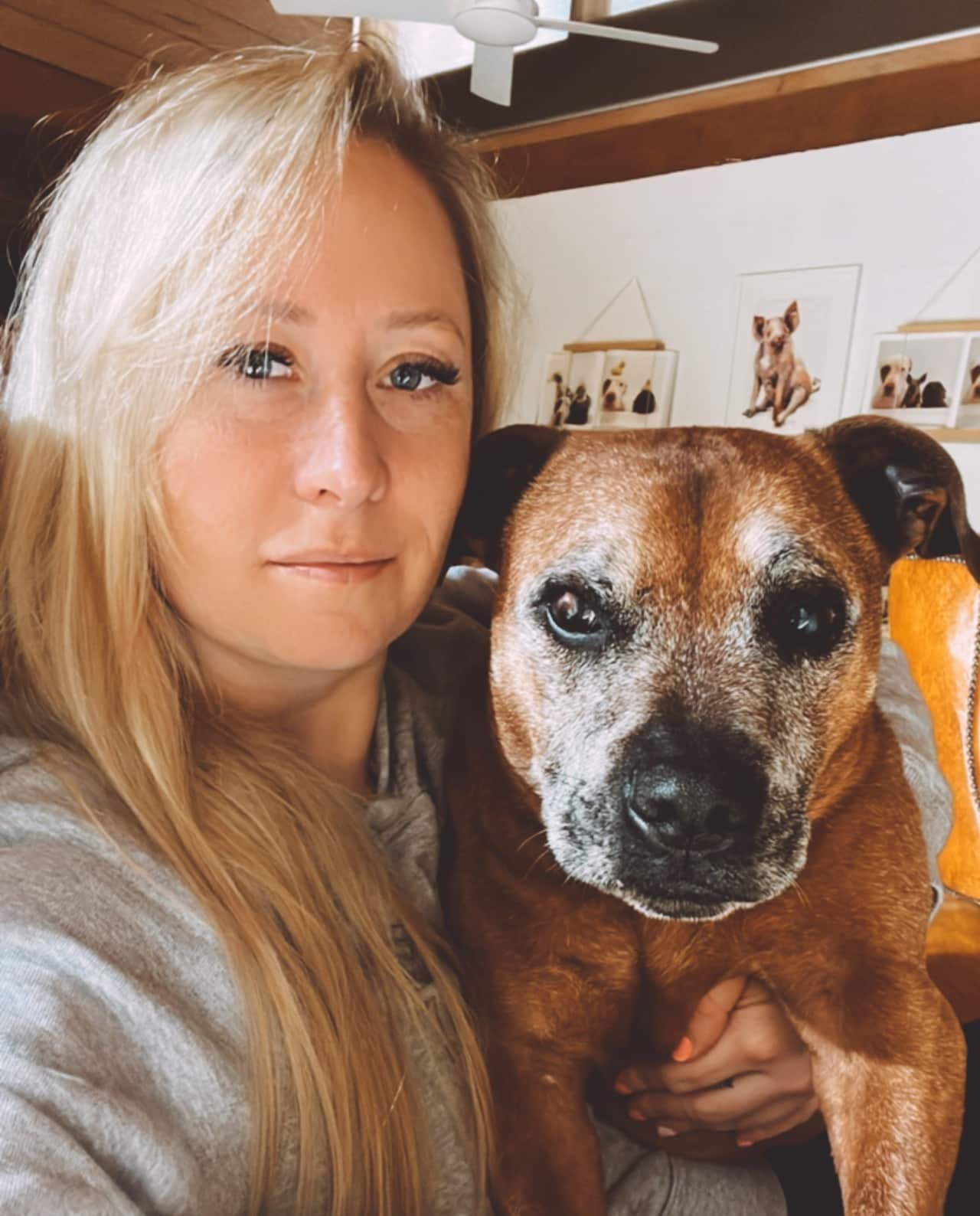
Calley Gibson says it felt like a "fog had lifted" when she first started volunteering at a no-kill dog shelter. Source: Supplied
Finding purpose
It wasn't long before I abruptly quit my job, with no real plan other than to find a way to work with dogs and get stuck into rehoming as many as I could.
I started fostering dogs. My first foster was a large black mastiff from a rescue shelter.
Before coming home with me, he had lived in 11 different places — mostly shelters and pounds. This sweet, gentle giant foster dog of mine had cigarette burns down his back and blade marks on his head.
Yet he was the most beautiful-natured being and eventually went on to live with a family of three young daughters (all of whom I am still in contact with).
The thing nobody tells you about getting involved in dog rescue — or fostering, for that matter — is just how addictive it is.
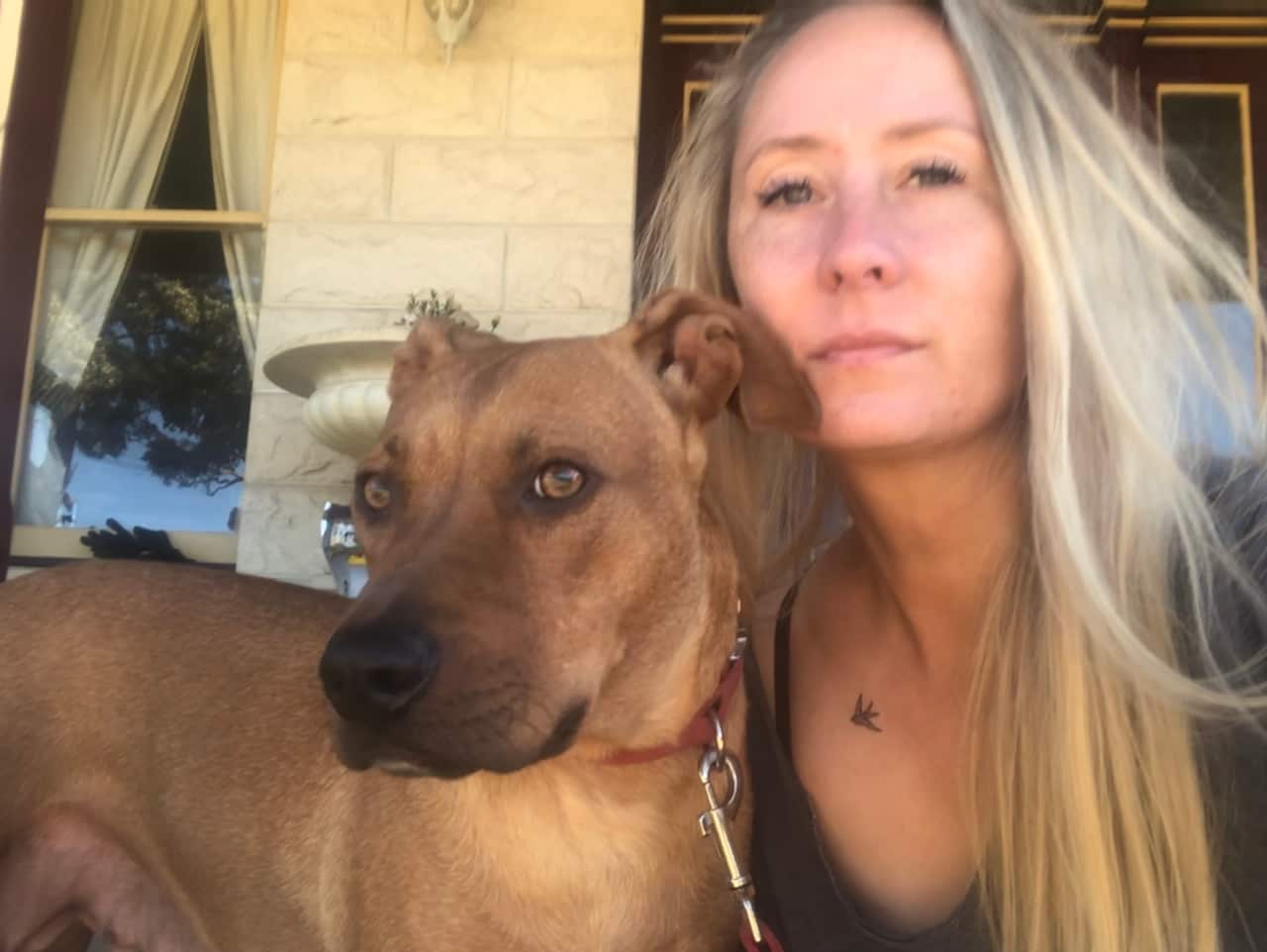
Calley Gibson has fostered dogs for many years. Source: Supplied
I didn't create the 'problem' of lost or discarded dogs. I didn't have a hand in actively displacing their lives. But because I am aware of this epidemic of homeless hounds, my guilt in doing nothing or not doing everything can really take over.
In more recent years, I've taken my fostering efforts to the next step: starting and directing a special needs animal rescue. This type of rescue work is quite niche. I primarily rescue infant puppies born with birth anomalies like cleft palates, spina bifida and hydrocephalus.
These tiny little newborn creatures come to me because the veterinary world and the dog breeding world have not advanced enough to find value in the lives of these pups.
If not for me and a handful of other rescuers around Australia (there are four of us in total), these puppies would be euthanised either at birth or a week or two after. Discarded as 'breeding wastage'.
This type of rescue work is nonstop because dog breeding is nonstop.
Taking care of these neonates means tube feeding every two hours, 24/7, for six to 12 weeks until the puppy is stable. With that comes exhaustion and fatigue, and desperately needing a break.
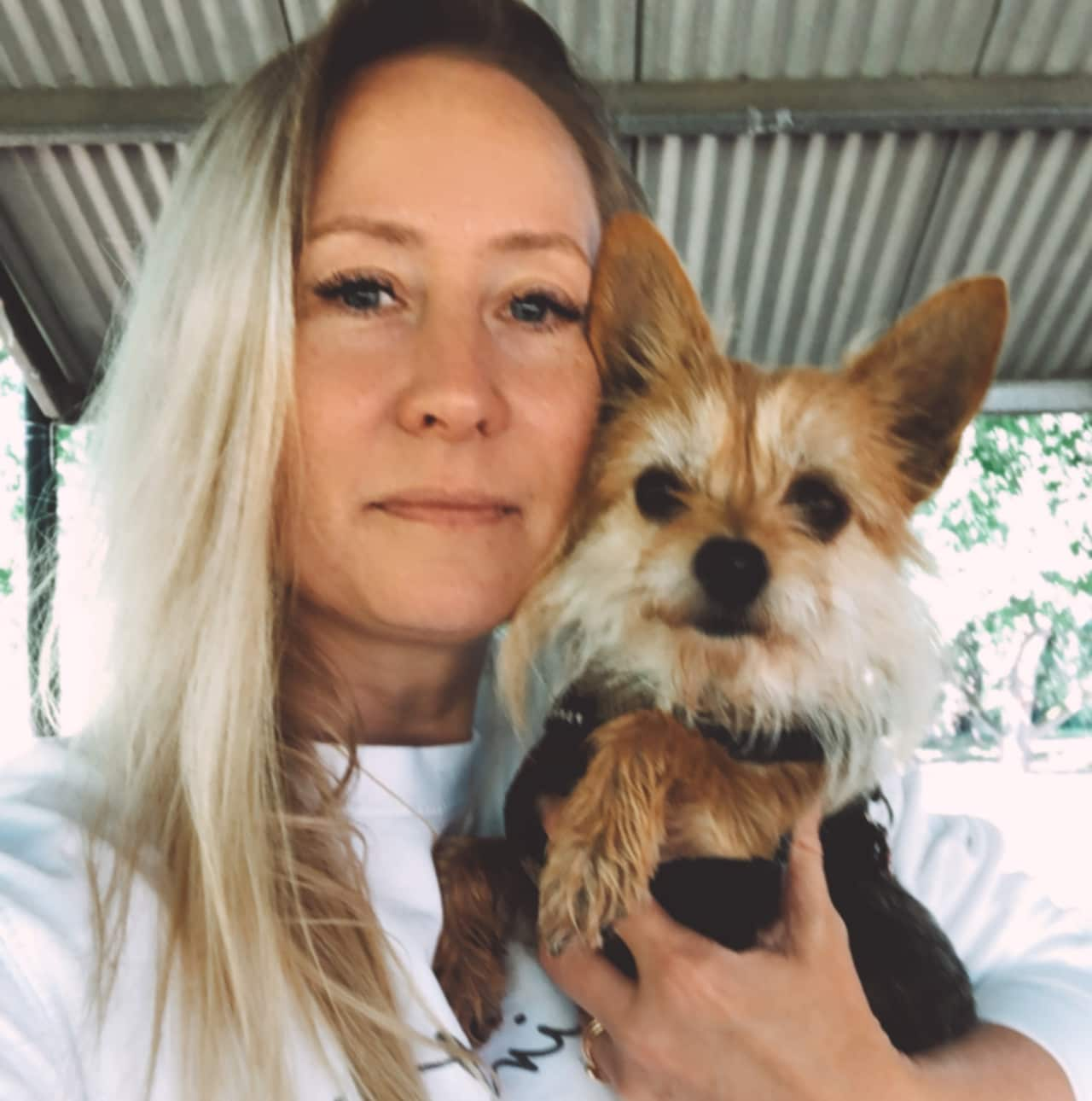
Calley Gibson says the 'nonstop' nature of animal rescue work can lead to exhaustion and fatigue. Source: Supplied
My compassion came at a cost
Devoting my time and energy to animal rescue has also meant paying a price in my personal life. While I prioritised the dogs, friends I’d grown up with were having weddings and baby showers that I was unable to attend.
I lost a close friend because I was unaware she was going through a divorce, and couldn’t provide the support she needed. At the time, I had a rescue dog that had given birth to puppies — one of whom had a birth defect and ended up dying.
I felt guilt about how unavailable I was to the people around me, as rescue work took up a bigger and bigger part of my life. Nowadays, I have a big support network and a lot of friends, but many of those are people I’ve met through rescue work who can relate.
Similarly, when my maternal grandmother passed away in 2021, I felt an immense amount of guilt for not being more flexible and able to travel from country Victoria back to Sydney for her funeral or even to say goodbye the days before her passing.
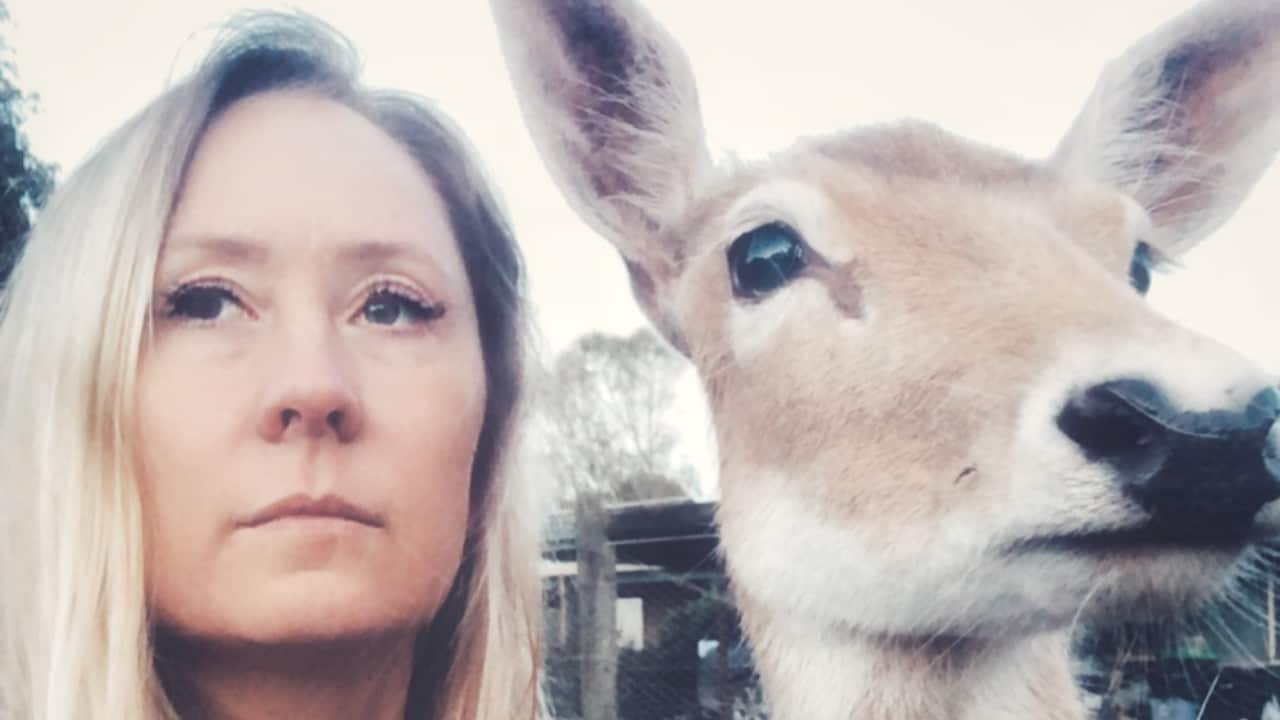
Calley Gibson says animal rescue has become her purpose in life. Source: Supplied
The good and bad of guilt
Animal rescue has become more than just a passion for me. It has become my purpose. Guilt has manifested in both positive and negative ways in that time. I feel guilty for not doing enough, not being able to save them all, and not having a conventional lifestyle where family, friends or even romantic partners are prioritised.
On the positive side, guilt is an emotion that has driven me to do so much good. I have had a hand in personally rescuing, rehabilitating and rehoming thousands of dogs and a few other non-conventional companion animals.
Without guilt, I'm not sure I would be the animal rescuer I am today. And for that, I am grateful.
And for more stories head to , hosted by Kumi Taguchi. From sex and relationships to health, wealth, and grief Insightful offers deeper dives into the lives and first-person stories of former guests from the acclaimed TV show, Insight.
LISTEN
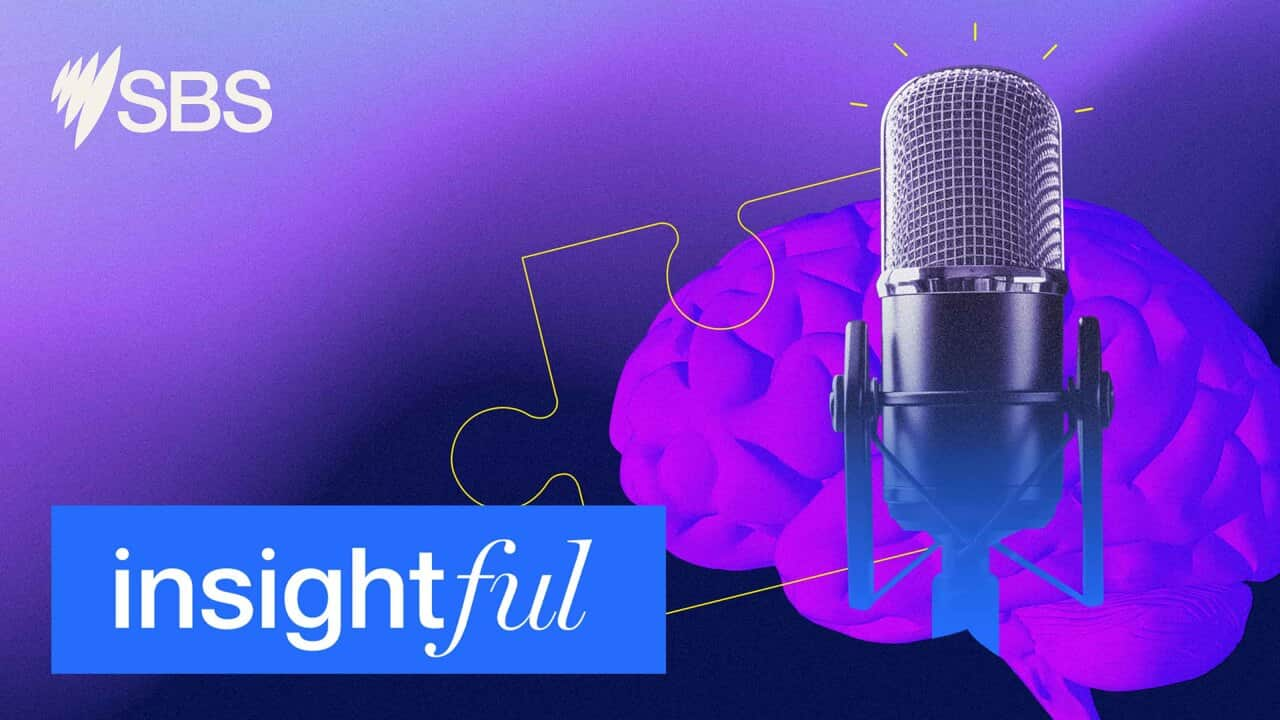
Insightful












